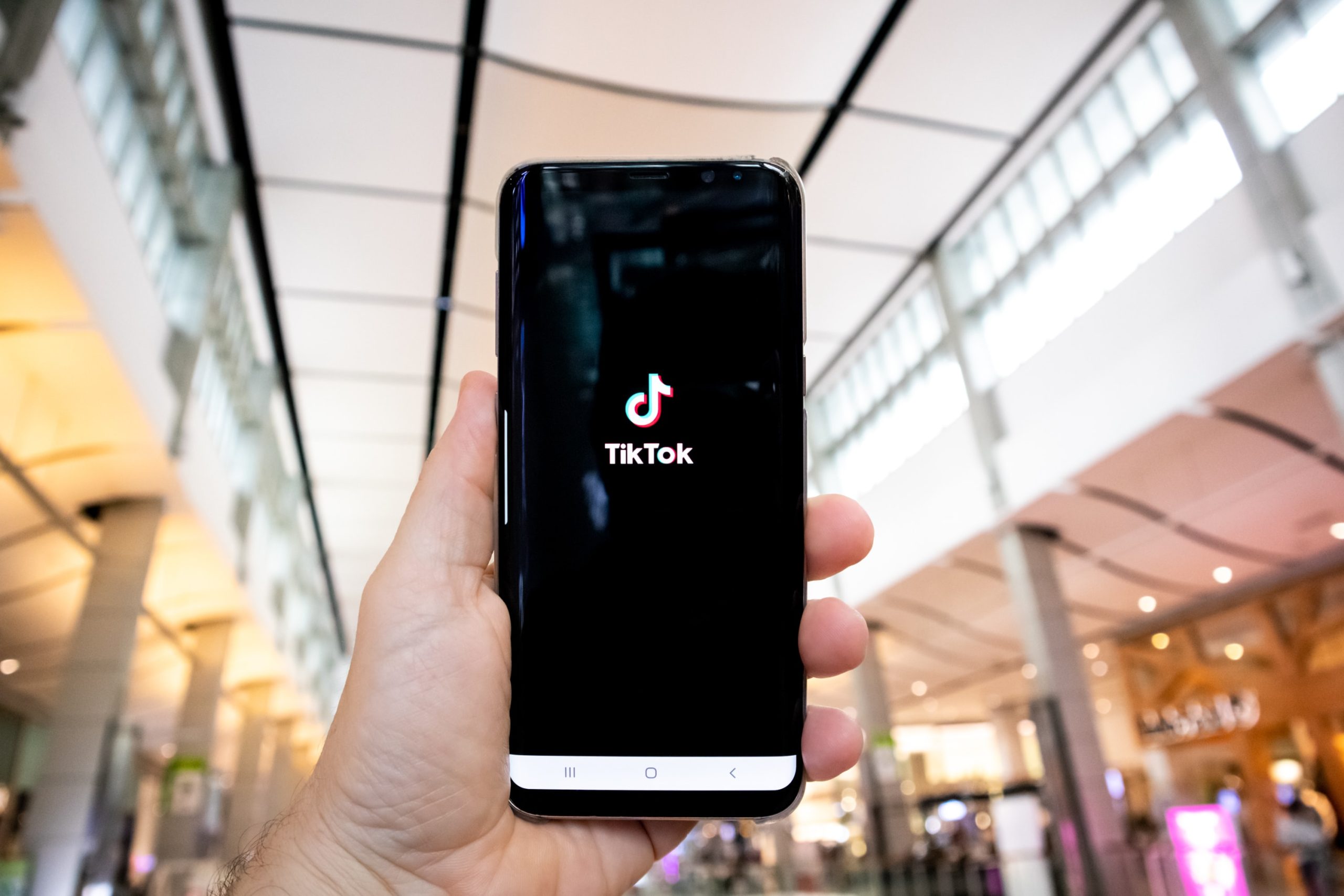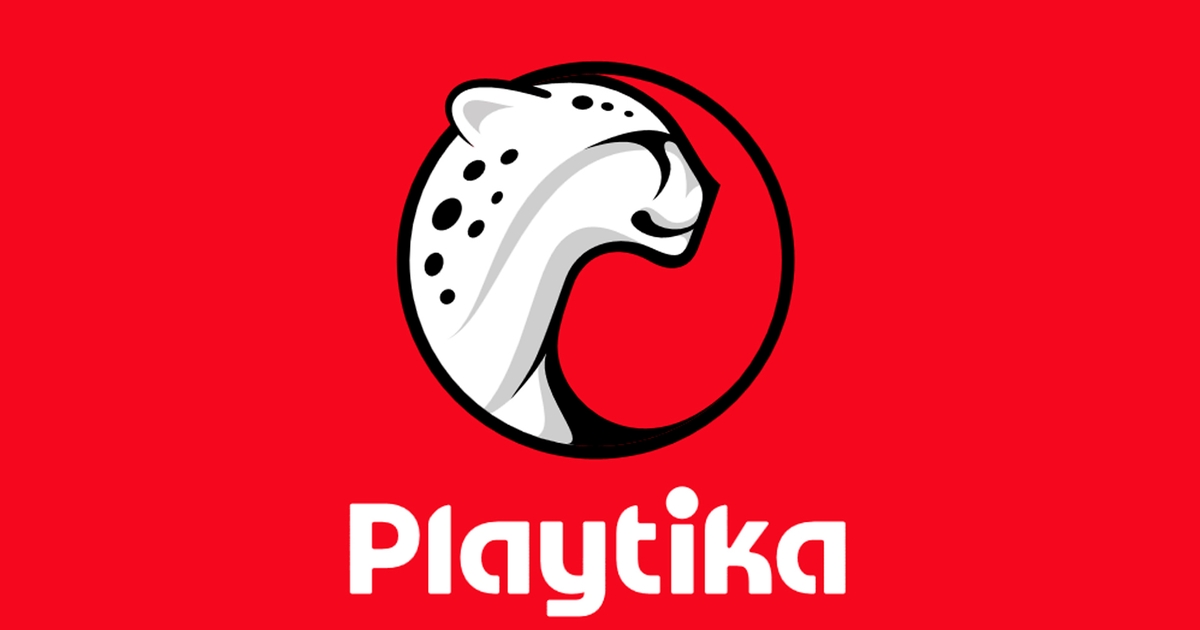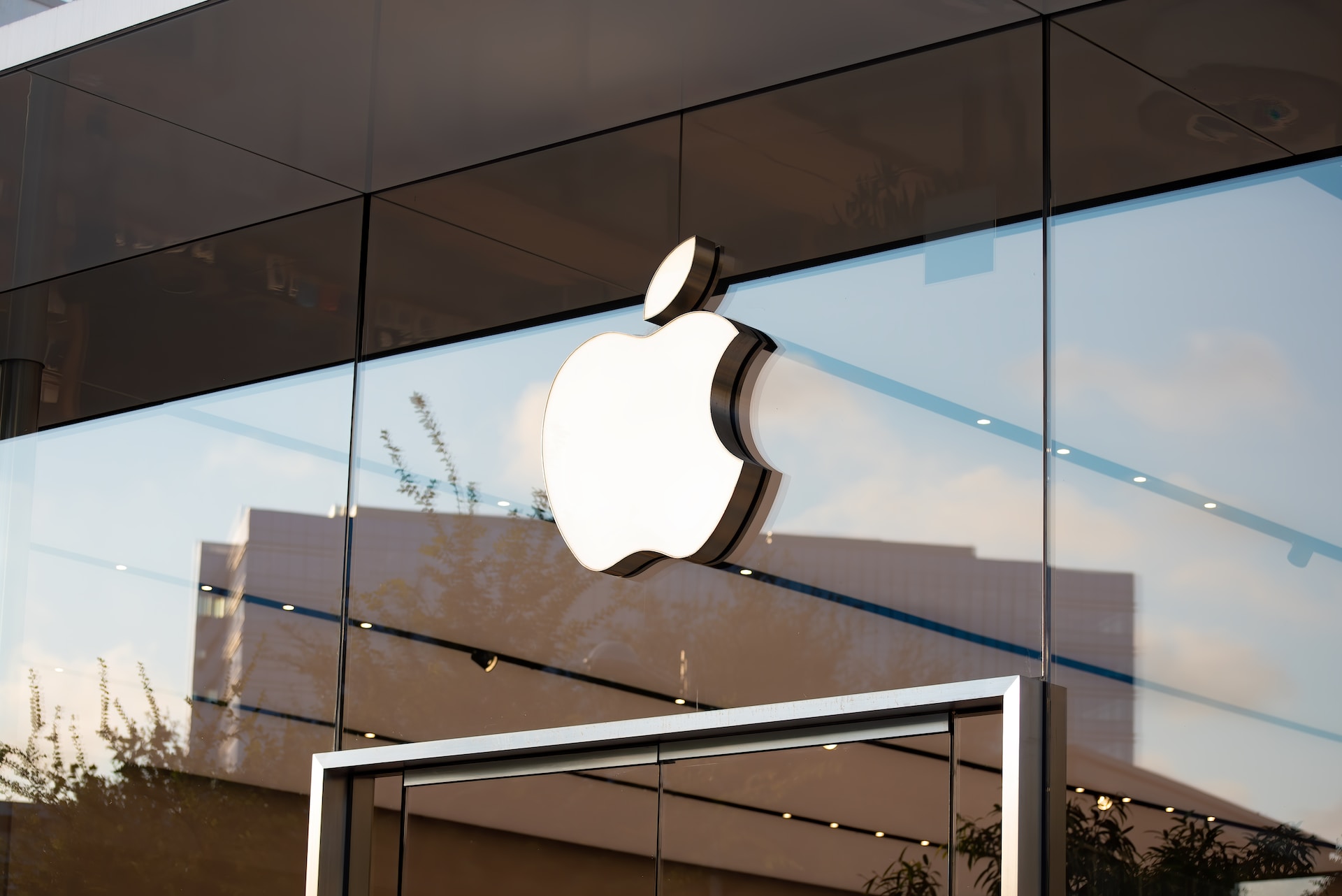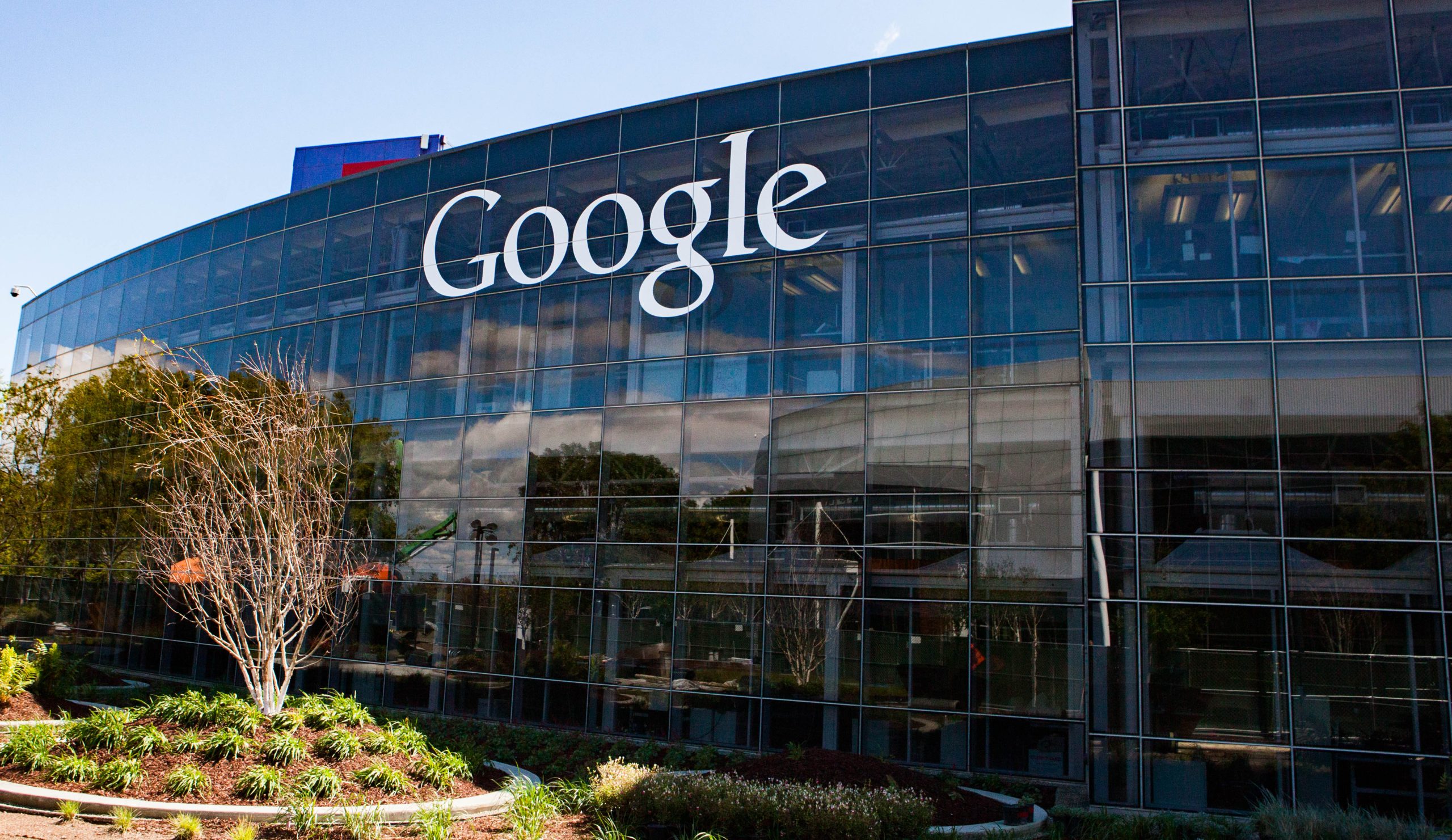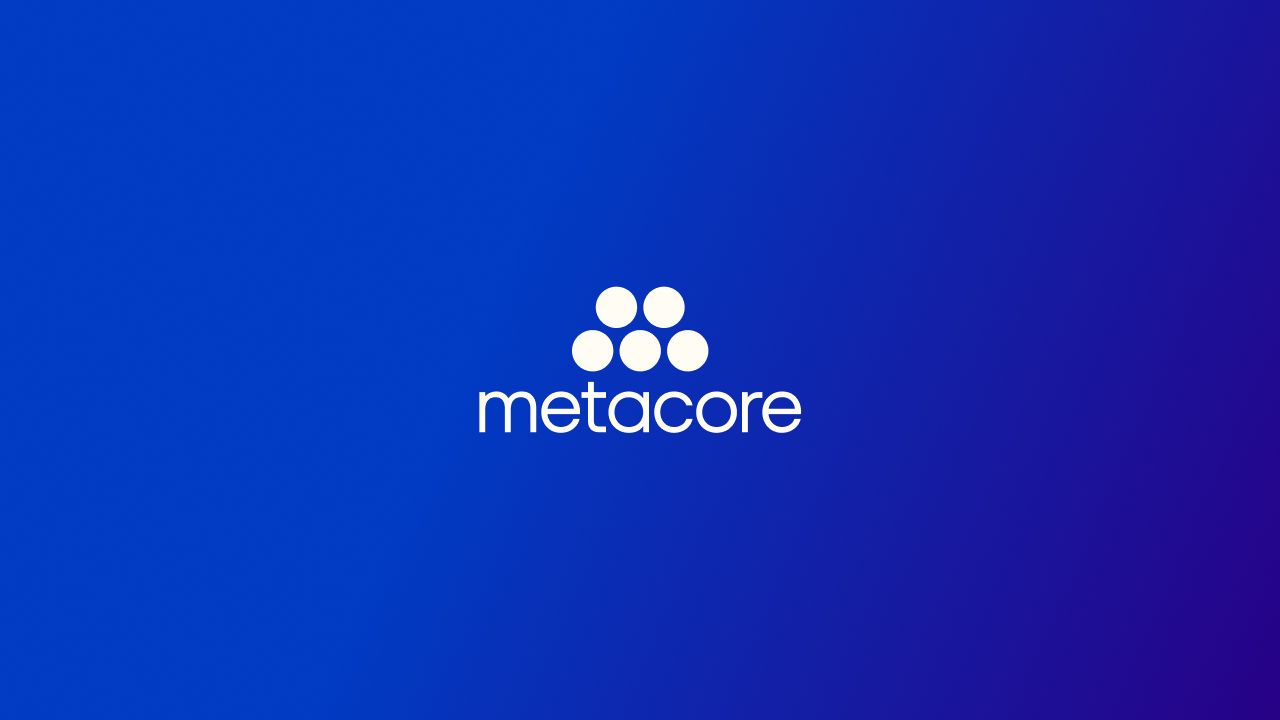One of the difficulties in starting an online
magazine is knowing where to start. You cant just run all the news from the
last few weeks as if it all happened yesterday. So here, instead, Mobile
Marketing magazine presents a quick digest of all thats been happening in the mobile
marketing world during October. From here on in, well attempt to bring you the
news as it happens, with a round-up of the main events at the end of each month.
As this first batch of content went online, it all kicked off, with mobile network 02 agreeing to a 17.7bn takeover bid from Spanish telco Telefonica. Strangely, given its penchant for changing its name (remember Cellnet and MM02?) the company plans to carry on trading as 02, should the deal go through.
On the same day that deal was announced, satellite company Sky and mobile network Vodafone announced a mobile TV service that will make some of Skys content available to Vodafones 250,000 (and counting) 3G subscribers. The service is free until 31 January 2006, 5 a month thereafter.
So what else has been happening in the mobile marketing world these past few weeks? Read on…
 3 cheers for 3
3 cheers for 3
3G network 3 announced plans to bring advertising to its
handsets; introduced a service called See Me TV, which enables its customers to
earn money by uploading video clips shot on their handsets to the 3 website, for
other people to download; also introduced a Dual Download music service that
enables customers to download tracks to their PC, as well as their phone; and
unveiled a new mobile TV line-up, offering access to a range of TV channels,
including CNN, ITV and Bravo. 3 also announced plans to create its own
free-to-view mobile TV channel, offering news and weather updates, previews and
original programming.
3 also found
time to release four new handsets, the Nokia 6280, with 2 megapixel camera; the
Nokia N70, the smallest Symbian 3G Smartphone on the market; the Motorola RAZR
V3x (pictured), exclusive to 3 and available in cosmic blue and liquorice black; and the LG
U880, available in black, silver and pink and the UKs thinnest (so far) 3G
clamshell handset. By Christmas, 3 will have a range of 15 handsets available
for sale in the UK.
For more on handsets, visit Mobile Digest
Smart figures
A report from Informa Telecoms & Media Mobile Application Platforms & Operating Systems predicts that worldwide annual shipments of Smartphones will triple over the next five years to reach sales of 153.5 million by 2010. If this figure is achieved, it will equate to 17.4% of all handsets sold that year, compared to 10.4% in 2005.
In 2005, European sales of Smartphones are expected to account for 41% of this market, with 42.3 million units shipped in the year, though market share is forecast to drop to only 36% in 2010, based on a total of 147.3 million units shipped.
Europe will retain the lead in market share, though Asia-Pacific is expected to consolidate the second spot over the period, with expectations that it will overtake the European market sometime soon after 2010. Asia-Pacific will see its share move from 28% in 2005, to 31.5% by 2010.
www.informatelecoms.com
Effective SMS Online on the up Triples all round
A report by SMS marketing company Textalert
found that 72% of SMEs using text messaging in the UK and the US had increased
their turnover by more than 10%. Additionally, 36% of SMEs surveyed said they
were intending to use SMS to reach their customers in the next 12 months. The
report also found that 79% of businesses using SMS believed it was more
effective than other marketing channels.
Nice one Nat
Natasha Bedingfield took the award for Best Use of Mobile
at the BT Digital Music Awards for a live concert broadcast from the ICA
(Institute of Contemporary Arts), broadcast to 3 mobiles in March.
The awards
have been running for four years and the Mobile award has been included for the
last three.
The latest Bellwether Report on ad spending, published by NTC Research on behalf of the IPA (Institute of Practitioners in Advertising)
showed an increase in Internet advertising spend, with 27% of companies surveyed
saying they had spent more on internet advertising in Q3 2005 compared to Q2 and
only 3% saying they had reduced their online budgets. The report says that the
Web now accounts for 4% of total marketing spend, compared to less than 2% five
years ago.
Oddly, mobile is not included in the Internet figure, but instead
forms part of the direct marketing total, which in 2004, accounted for 23% of
total marketing spend.
Three handset makers reported good financial results. Motorola reported a Q3 profit of $1.75bn (985m) on revenues of
$9.42bn, fuelled by strong sales of its popular Razr handset. It sold 6.5m Razr
and 250,000 iTunes Rokr handsets during the quarter. The company says it has a
19% share of the global mobile phone market.
Another handset-maker turning
in a strong third quarter performance was Sony Ericsson,
which reported
third quarter sales of 13.8m handsets, 29% up on Q3 2004, generating 2.1bn
(1.4bn) of revenue and 151m of pre-tax profits. The strong performance was
driven by Sony Ericssons W800 Walkman phone, and other high-end handsets. The
company estimates that it now has a 7% share of the global handset market.
Finally, Nokia reported net third quarter sales of
(5.7bn), having shipped a
record 66.6m mobiles.
Nokia also took the wraps off three new Smartphones, the
E60, E61 and E70, which will be launched in the first quarter of 2006. The
phones are aimed squarely at the corporate market, supporting voice, data and
mobile email services, including Nokias own Business Center, Research in
Motions Blackberry Connect, plus services from Visto Mobile, Seven and Good
Technology. The E61 comes with a built-in Qwerty keyboard.
TV to text
ITV is encouraging advertisers to include a text message response mechanism on their TV ads, as part of its Beyond the spot initiative, ITV is working with Mobile Interactive Group (MIG) to offer the service, which will enable viewers who see a TV ad to respond via text message to request a brochure, sales call, or whatever measures the advertiser puts in place.
Beyond The Spot was introduced by ITV in April 2005 to take account of the changing TV landscape and enable advertisers to tie TV ads in with other media, particularly online media. It covers broadcast sponsorship, branded content, interactive advertising, interactive sponsorship, online advertising , online sponsorship, advertainment and off-air marketing such as merchandising and licensing.
Advertisers who have embraced Beyond the Spot include Nokia (The X Factor), First Choice (Im a Celebrity) and Tio Pepe (Hells Kitchen).
www.itv.com






